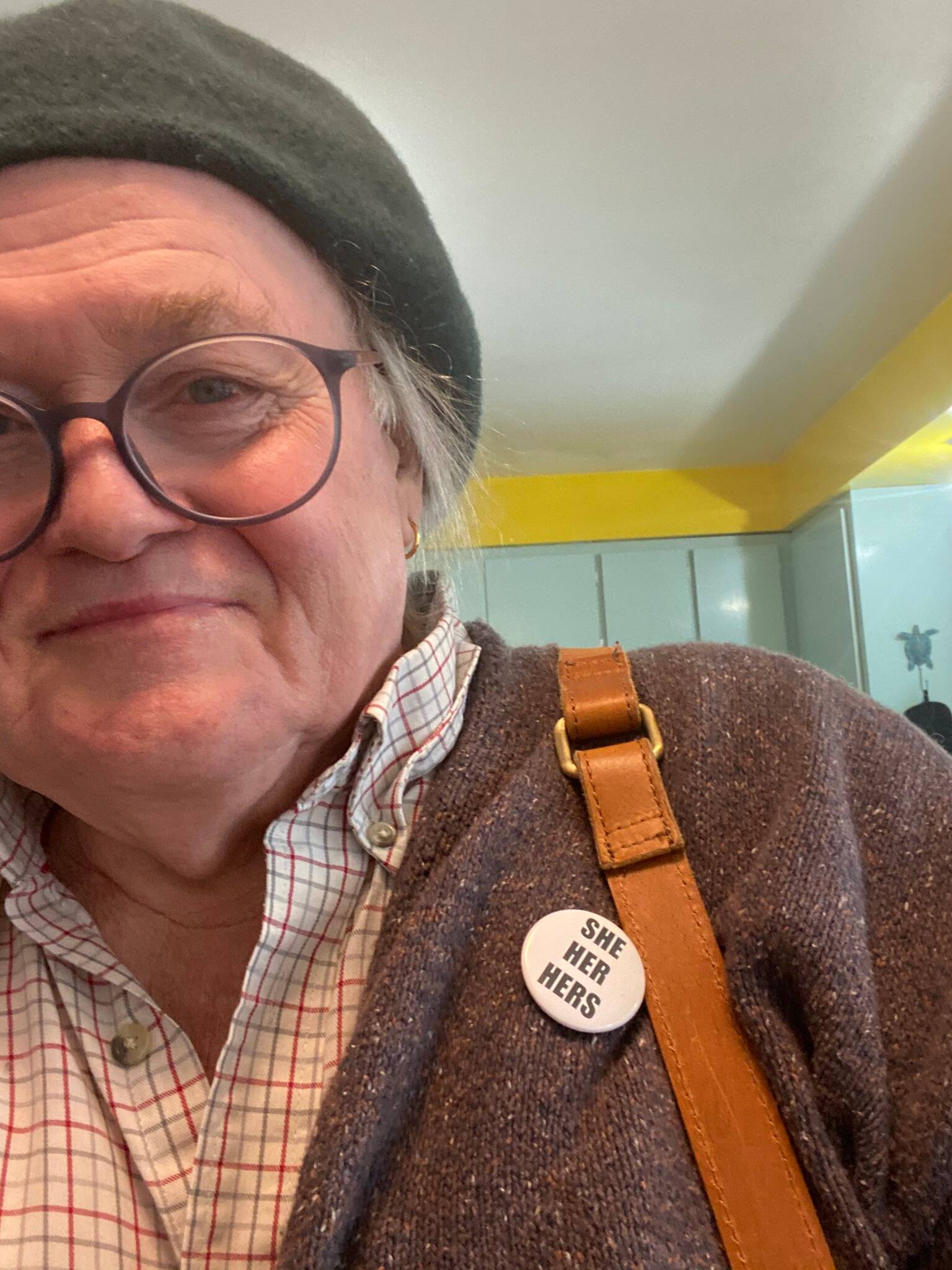In November 1975, the UN passed a resolution declaring Zionism a form of racism, and the following day tens of thousands of people amassed in protest in New York City’s garment district. I was working in the city at the time, one of those young guys you would see hauling rolling racks of clothes up 5th Avenue to stores like Lord & Taylor and Saks.
I was late for work that morning. Commuting in from New Jersey, I left the Port Authority bus terminal on 40th Street and was immediately faced with throngs of protesters flooding 7th Avenue and the surrounding streets. I’d been late for work a couple of times already that season, so rather than take the long way around to skirt this massive crowd, I decided to risk cutting through it to get over to Broadway for a straight run down to Herald Square where I worked.
But the crowd was dense, the protesters packed in thick, and it wasn’t long before I couldn’t move at all and found myself being jostled willy-nilly by the human current.
Then, suddenly, I could hear underneath the roar of the crowd a kid’s voice crying for help. Not far from me, a boy about 7 or 8 was getting crushed in the crowd. I elbowed my way over to the kid, grabbed him and hoisted him onto my shoulders. He had gotten separated from his parents and called out for them from his perch on my shoulders, but he couldn’t see them anywhere.
I couldn’t see over the heads of the protesters — OK, so I’m short — but with the kid on my shoulders, he guided us the nearest way out of the morass, and eventually we got clear of the crowd. I left the boy with a couple of cops and continued on my way to work.
That was my first experience with mob rule.
Philosophers have a fancy word for all the stuff we can’t change about our existence, things like where we were born and when, the milieu we were born into, things like our race and heritage. They call stuff like that “facticity.”
Mob rule is the apotheosis of facticity. Caught in that crowd, there was little I could do, little I could change about the shape of my life at that moment, except to let myself flow with the movement of the mob.
But against the circumstances we can’t change, we have personal freedom — and thus the personal responsibility — to shape a lot about our lives, like where we live and how, and why: the values that make our lives worthwhile.
Gender is not a facticity. It’s a free choice to consent or not to certain values, certain stereotypes, certain biases. Cultures across time and geography have acknowledged this freedom and allowed for a kind of conscientious objection to conventional gender roles, allowing a person’s freedom, for whatever reasons, to throw off or subvert or otherwise question gender norms to explore in oneself a fuller humanity.
In English literature–the culture I know best–Shakespeare’s characters are notorious gender-benders. Women were not allowed on the stage in Renaissance England, so all the women’s roles were played by men, a fact that Shakespeare has great fun with. In one play he has a male actor playing a woman pretending to be a man pretending to be a woman.
As you like it, indeed.
And in a farcical comedy by Shakespeare’s friend Ben Jonson, a puritanical leader named Busy accuses thespians of sexual immorality for cross-dressing and confusing genders. (He’s a “busy” body, busy trying to impose his will on how others live their lives.) Busy gets into a debate with a character in a puppet show–just as his 20th-century descendant former Vice President Dan Quayle once did with television character Murphy Brown. In Busy’s case, he argues with a puppet, whom he derides as “an abomination, for the male among you putteth on the apparel of the female.”
But Busy loses the argument. The puppet lifts its skirts to show that, in fact, it’s neither male nor female. It’s a puppet. Duh. It has no sex at all.
Facticity vs freedom. In my mind, that’s the implicit subject of these columns: the extent to which each of us has a personal responsibility for exploring all that it means to be human, to be a self. How much control do we have over the shape of our lives? Which of our many facticities are real and which are superficial and merely compounded by our own assumptions — or worse: imposed on us by busybodies who want to limit that exploration?
What gender has to do with all this will continue to be part of our inquiry here. But that day in New York City in 1975 was a lesson in philosophy. The mob decided which way I was going to move and when–and it made me late for work again. It was not an excuse that my boss, the fashion designer, was inclined to indulge, and he reminded me, yet again, that getting to work on time was my personal responsibility.
• Jane Hale spent her first 69 years writing as Jim. She is a longtime Juneau resident. “Coming Out” is a biweekly column. It appears on the Empire’s Neighbors page.

